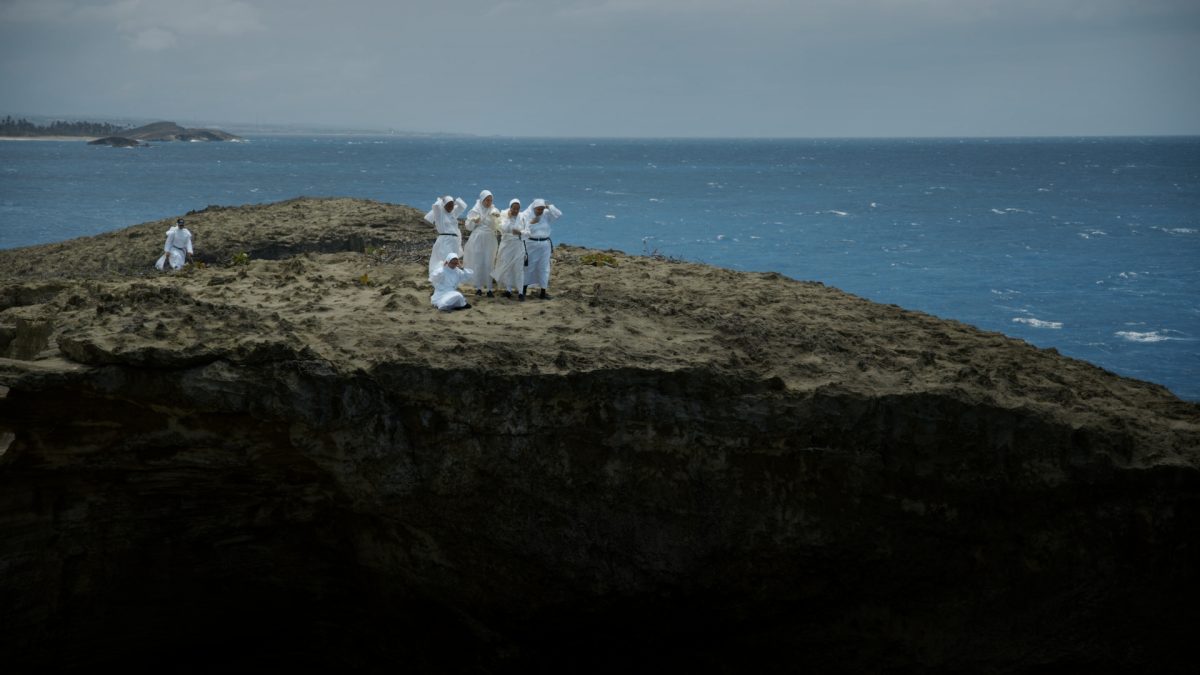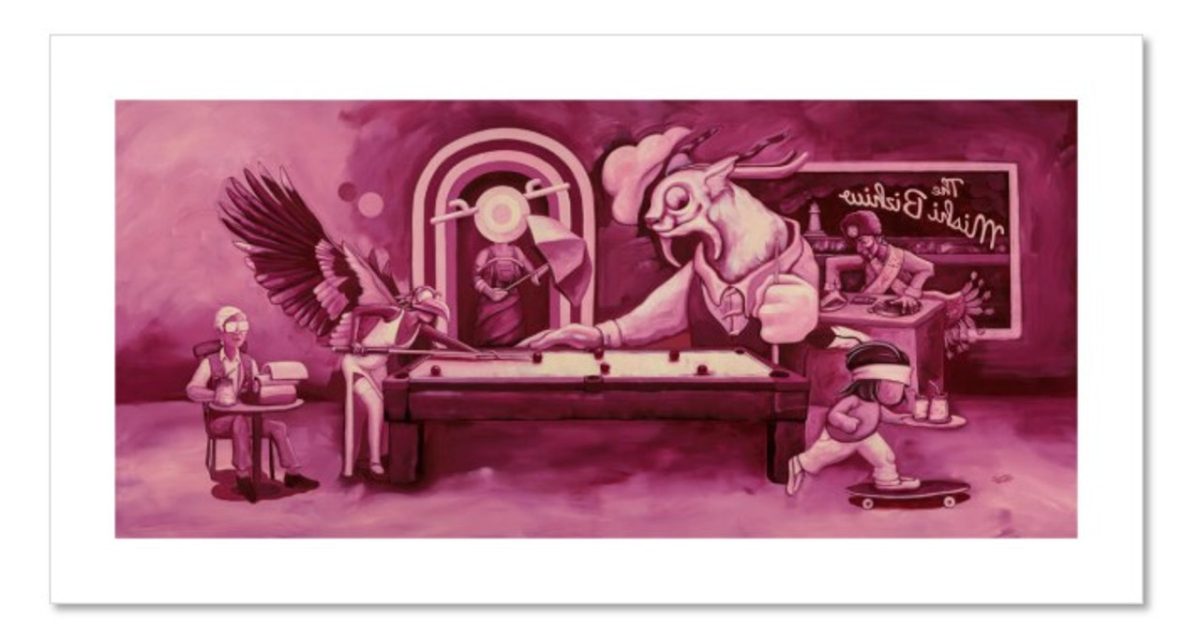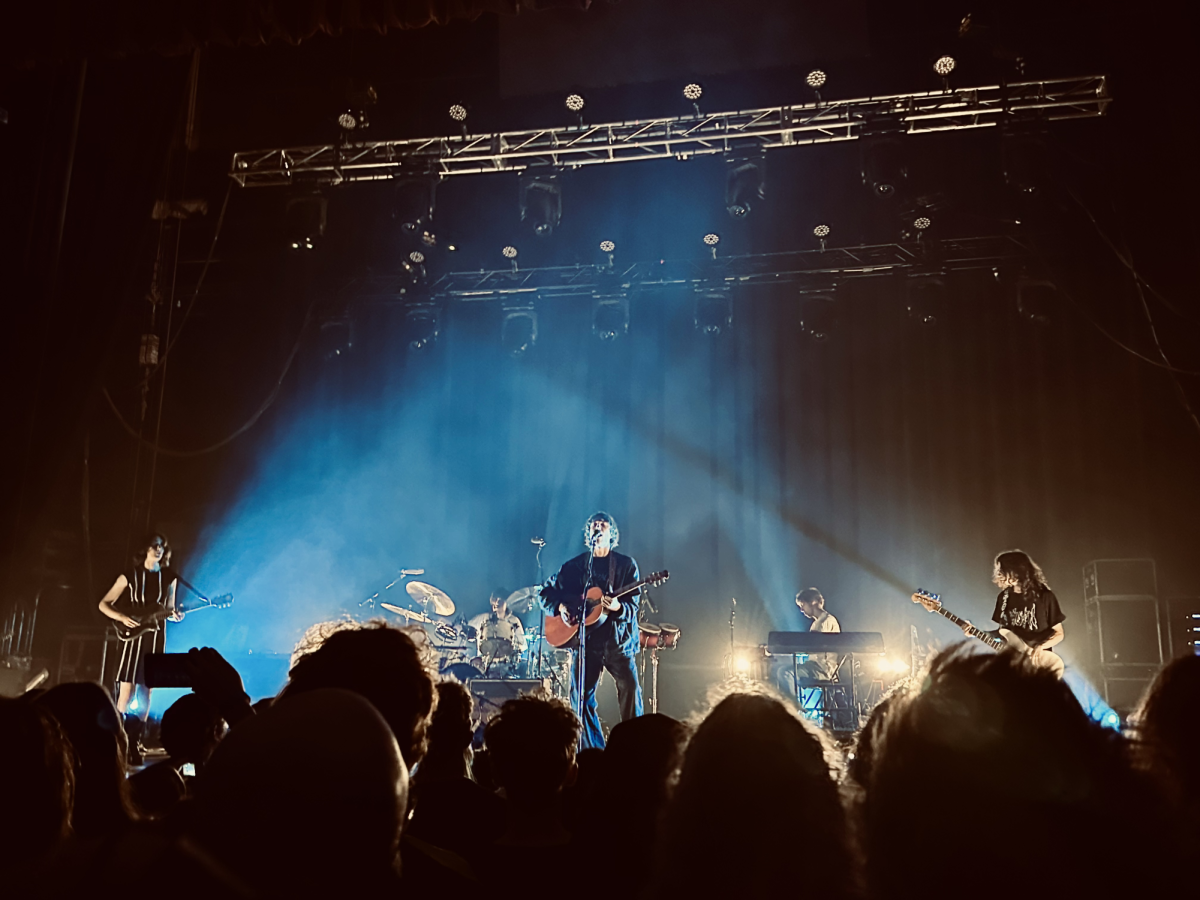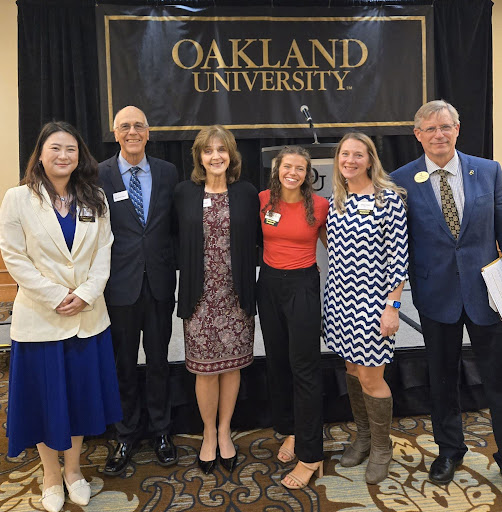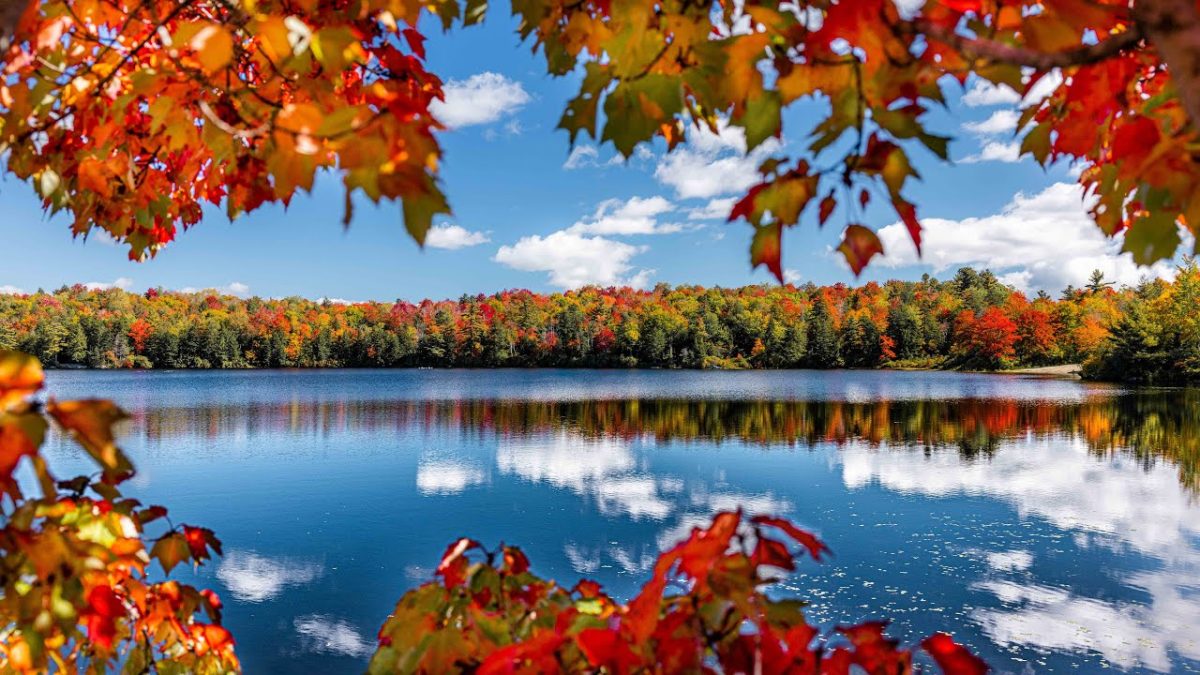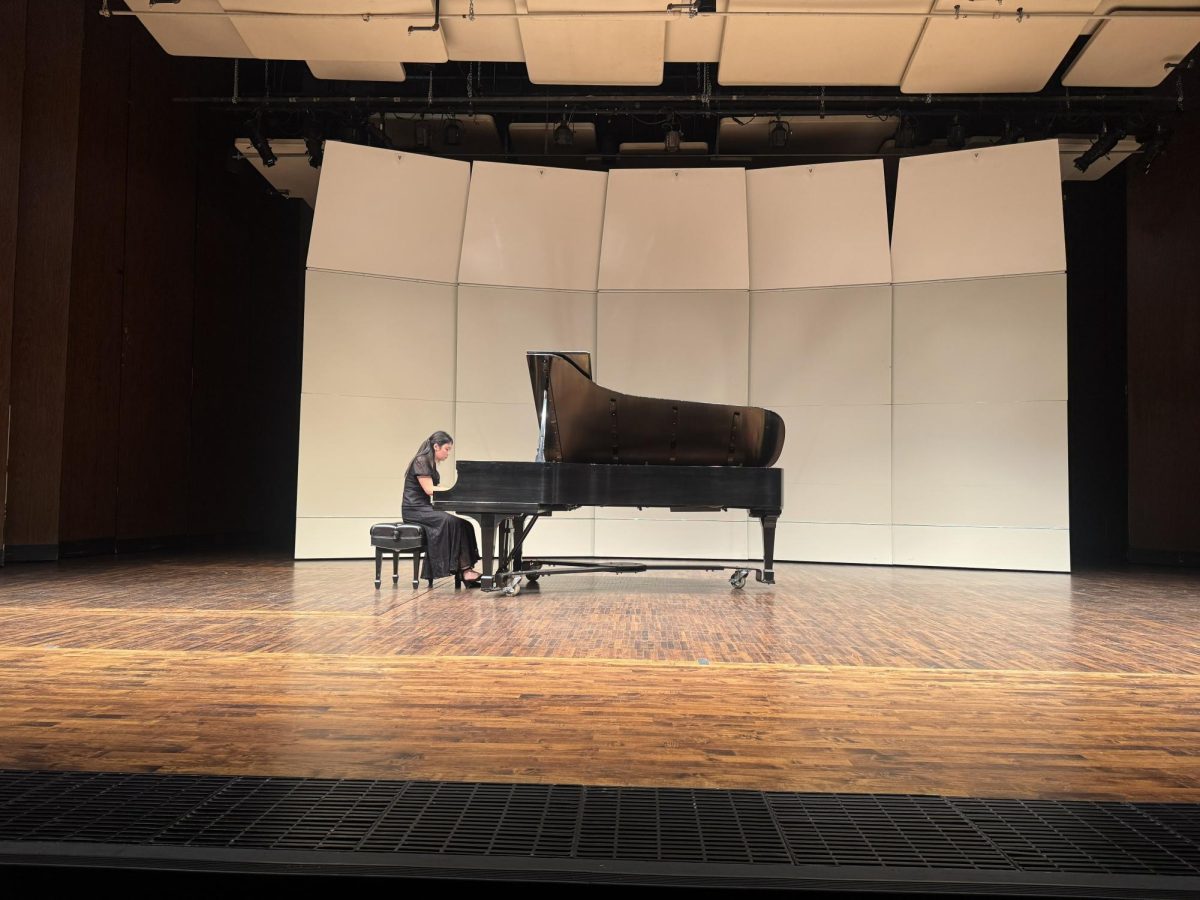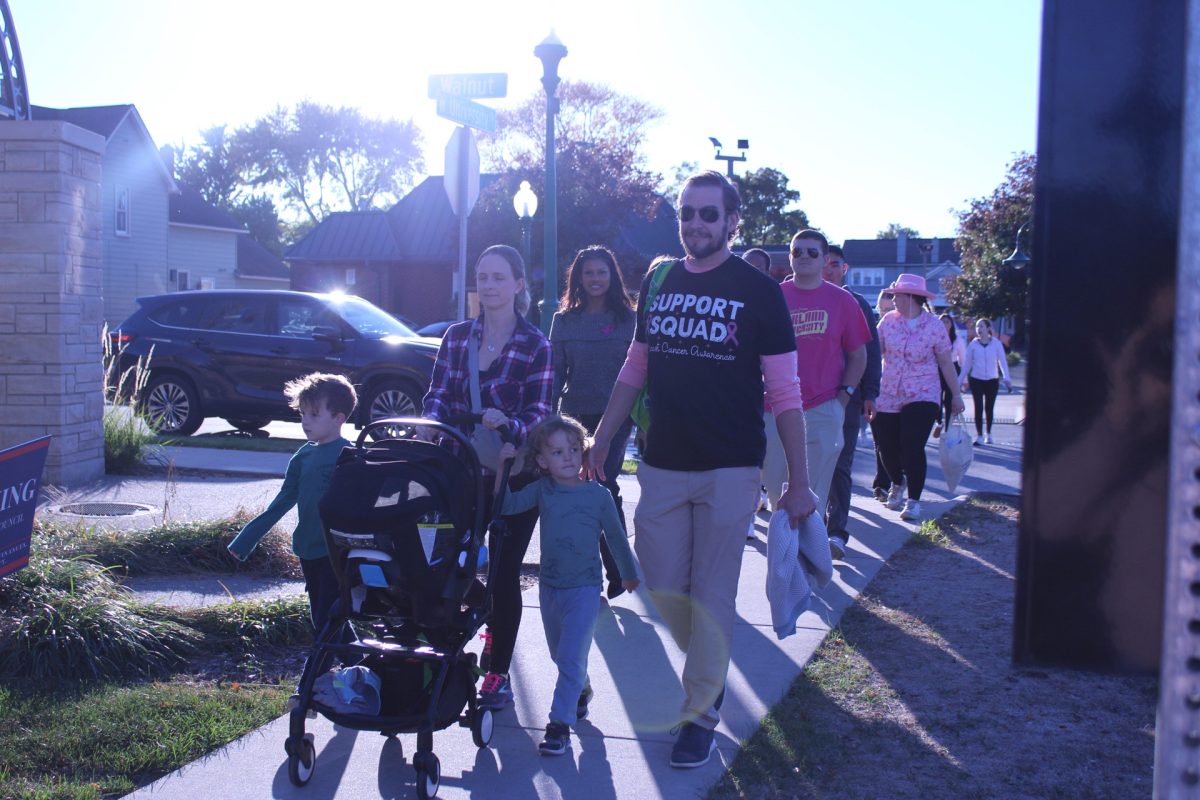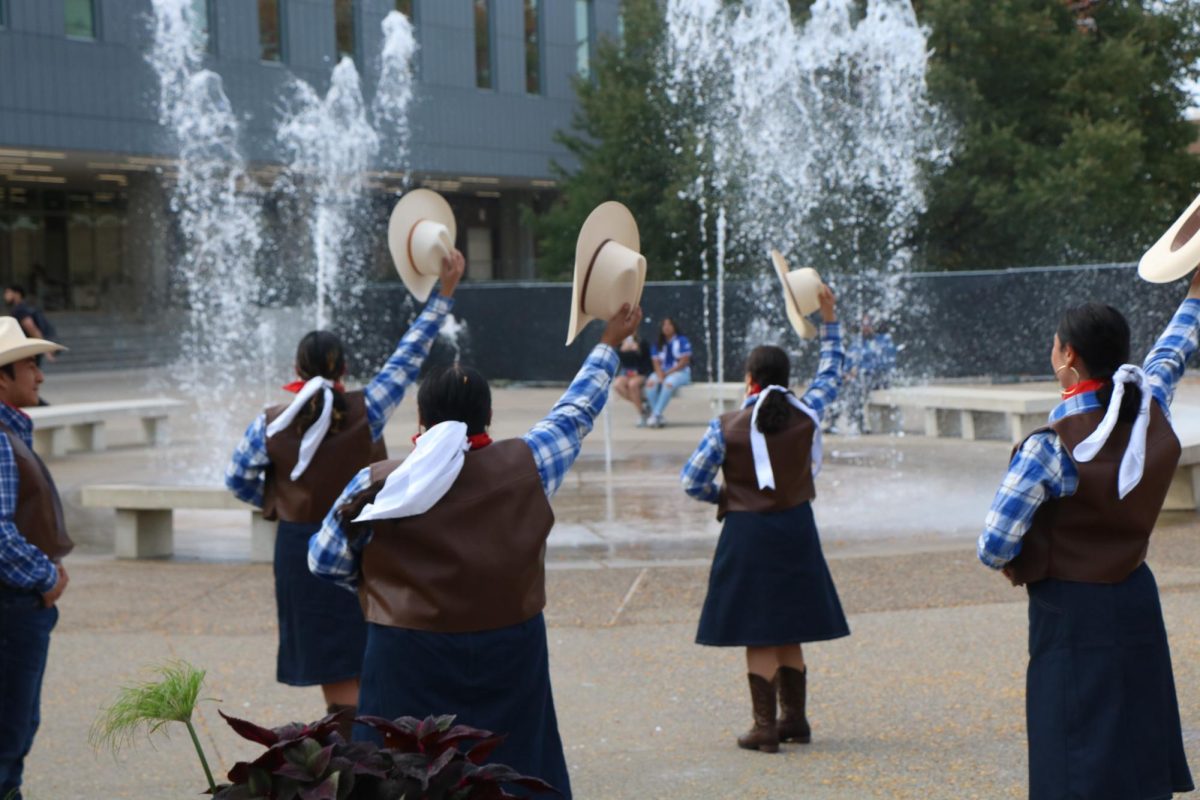The 41st annual Women and Gender Studies program film festival screened Celia Aldarondo’s “Landfall” on Nov. 20, 2024, offering free admission to any student interested.
Since 1994, the film festival has screened films from different countries and experiences to raise awareness on a variety of topics. “Landfall” was chosen this year to represent Puerto Rico and educate viewers on the aftermath of Hurricane Maria. The 2020 documentary strived to raise awareness on the country as a whole — from history to present day — but specifically focuses on why Puerto Rican citizens continue fighting for their own rights.
“Landfall” shows the aftermath of the hurricane from two major points of views: corporations who seek to use the island for financial gain and citizens of the island who have witnessed Puerto Rico in several stages of development.
The documentary is intimate, with pauses and silences in between speakers, which allows the audience to sit with the information presented. While there is little interaction between the two points of view, displaying the two opposing sides in the manner that Aldarondo does sparks emotion and contemplation from any viewer.
There’s a special interaction in the film that consists of two women sitting on a beach and having a conversation about the destruction they faced from the hurricane, as well as their own experiences following the disaster. The pair met after the hurricane, capturing the unity that Puerto Ricans have always had, but especially in the aftermath, when all they had was one another.
Following the screening was a panel with speakers Raúl Echevarría, director of community organizing and advocacy at the Detroit Hispanic Development Corporation, and Consuela Barber-Lopez, member of the Hispanic/Latino Commission of Michigan.
“Everything I do has to keep me connected to homeland,” Echevarría said during the panel. “The work that I do in Southwest Detroit is as if I was in Puerto Rico.”
Barber-Lopez continued the panel by asking the audience a question about what comes to mind when they think of Hawaii. She explains that most people would think of it as a destination spot instead of a home to citizens that have lived there for generations — she compares that viewpoint to Puerto Rico.
“You can see what happened in Hawaii,” Barber-Lopez said. “You don’t see Hawaiians, and Hawaiians are on poverty level. We as Puerto Ricans are at the poverty level.”
The film captures the very essence of Puerto Rican culture and shows the island in a new light. At the heart of it, Puerto Rico is rebellion, pride and passion.
“As a colonial subject of the United States of America, I’m just trying to be free. That’s the energy that I take to the work that I do in Southwest Detroit, even though Puerto Ricans in Southwest Detroit are a small number,” Echevarría said.
“We have a tendency to forget who we are,” Barber-Lopez said. “You can’t remember something if you don’t know, so having our children understand who they are at the core, at the raíces, at the roots — that’s the longevity.”
Puerto Rico is a beautiful island, and it isn’t done fighting.



